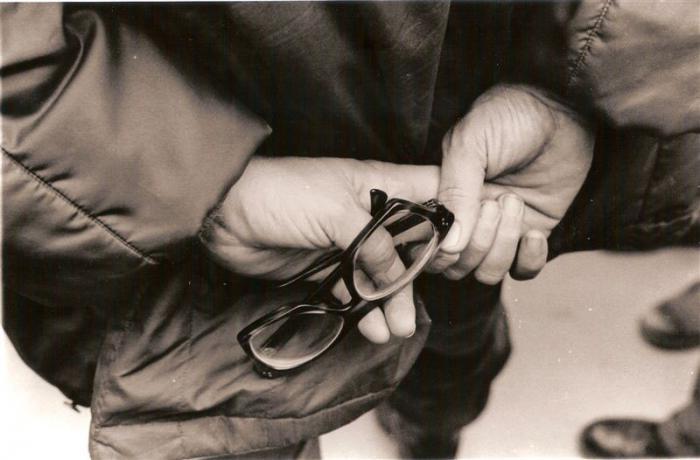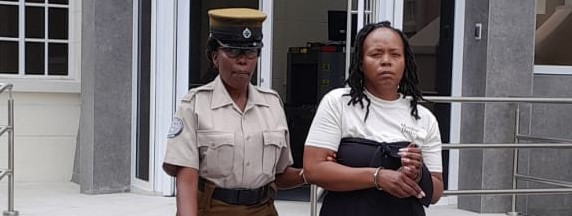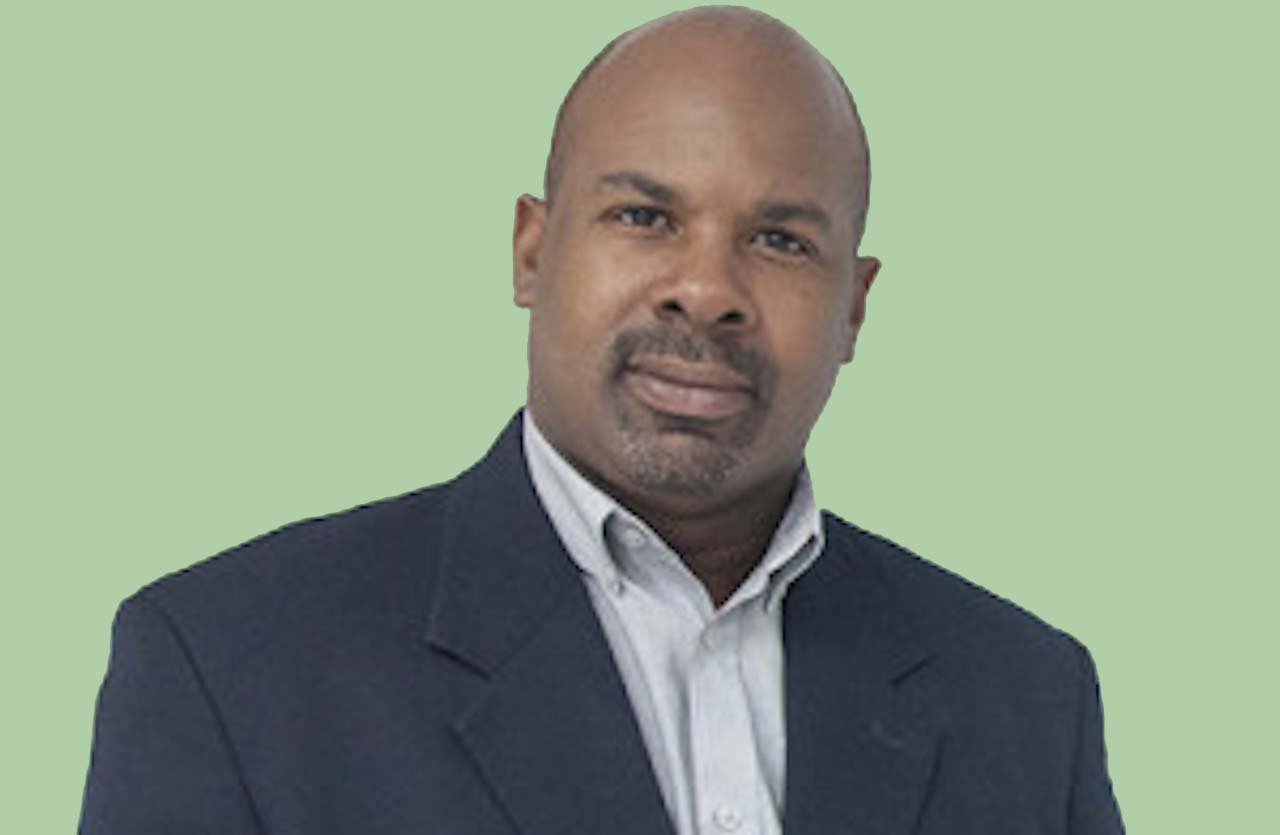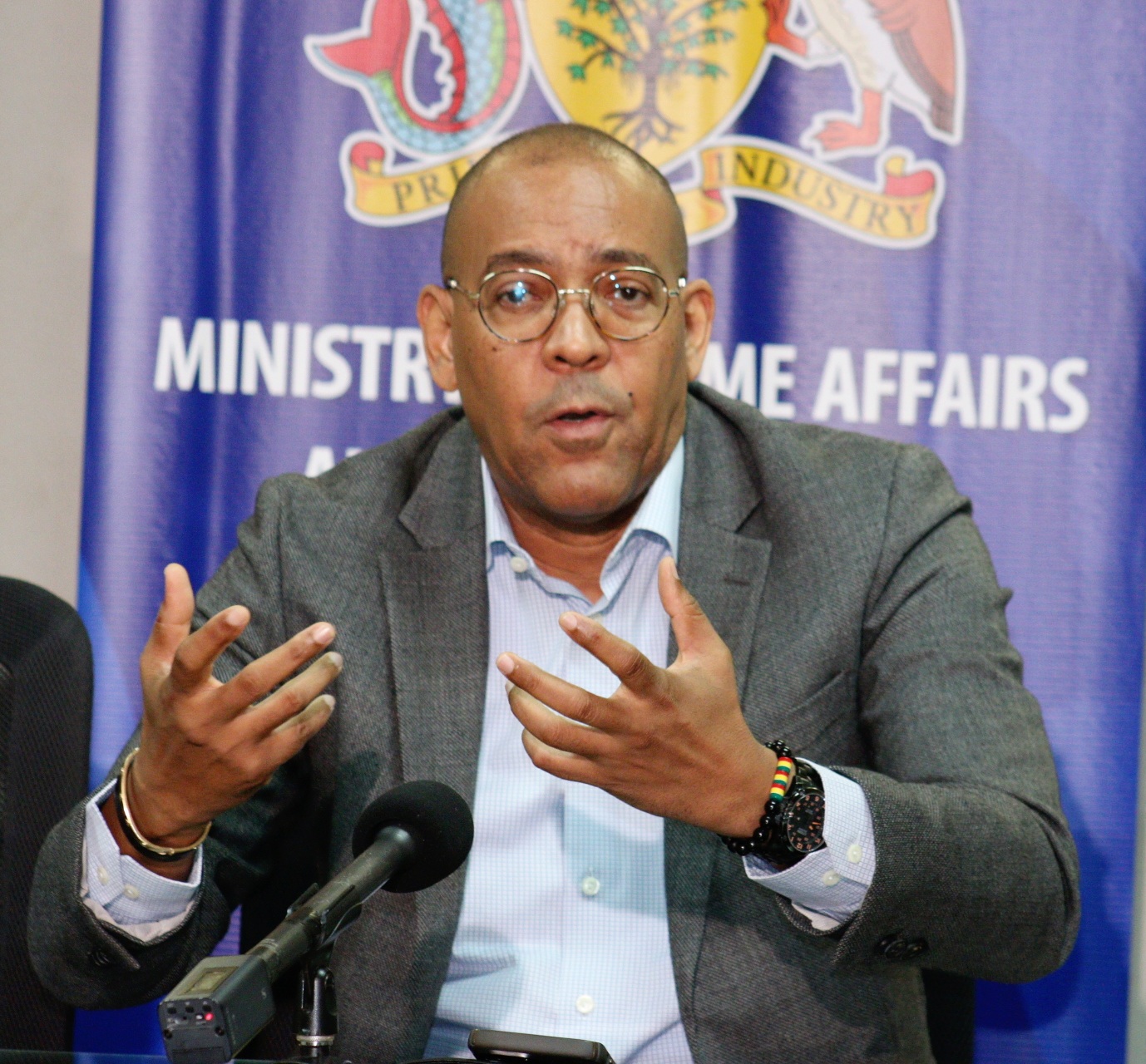In 1985, a foreign journalist posed a poignant question to Fidel Castro: ‘What would you like your legacy to be? How would you like your achievements over the years to be interpreted?’ Castro’s response was both humble and confident. He acknowledged his role in the Cuban Revolution, emphasizing that his leadership was not without flaws, yet he remained assured of the high regard in which the Cuban people held him. His communication with the people, marked by his pedagogical oratory and unwavering dedication, fostered a genuine affection and admiration. This bond allowed even the humblest citizens to address him informally, a testament to his approachability and the deep connection he shared with the populace. Fidel Castro became a paradigm of leadership, embodying the qualities of Cuban identity—ingenuity, rebelliousness, and courage. As the nation commemorates the 100th anniversary of his birth, it is imperative to move beyond the emotional resonance of his legacy. Castro himself urged a focus on the study and continuation of his ideology rather than mere symbolic gestures. His teachings on unity, consensus-building, and cultural preservation remain relevant. The celebration of his centennial should serve as an opportunity for rigorous examination of his work, ensuring that his contributions are neither forgotten nor diminished. Fidel Castro’s legacy is not just a historical lesson but a call to strategic thinking, national pride, and unwavering idealism. His perseverance in the face of challenges exemplifies the spirit of resilience and determination. As we reflect on his life and achievements, let us enter history with him, allowing it to open its gates wider for us.
博客
-
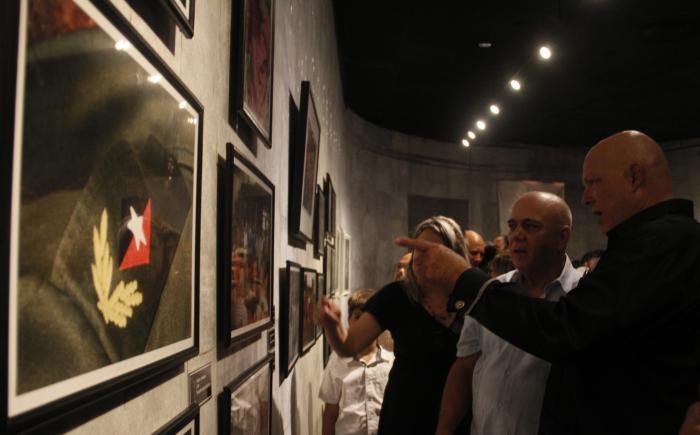
A window into Fidel’s soul
The exhibition ‘All the Glory of the World,’ curated by Alex Castro Soto del Valle, offers an intimate and multifaceted portrayal of Fidel Castro, the Commander-in-Chief of Cuba. Opening at the José Martí Memorial on August 12, 2025, the exhibition features 50 snapshots that capture Castro in various settings—from private moments at home to public engagements, and from casual conversations to intense discussions. The images, taken by his son Alex, aim to humanize and complexify the iconic leader, presenting him through a lens that is both personal and profound.
-
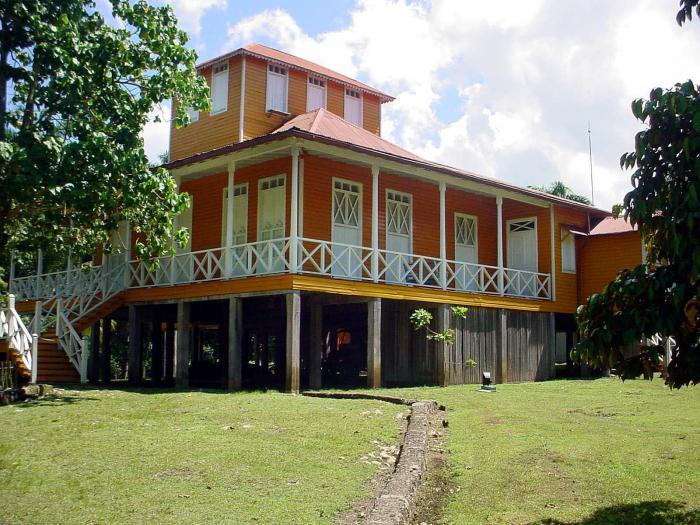
In every corner of the island, a tribute to Fidel
Cuba is set to honor the legacy of Fidel Castro with a grand commemorative program marking what would have been his 100th birthday. Approved during the 10th Plenary Session of the Central Committee of the Communist Party of Cuba, the program will officially commence on August 13 at the Birán Historical Complex in Cueto, Holguín. This date holds special significance as it marks the 99th anniversary of the birth of the iconic leader. The program, spanning from August 13, 2025, to December 4, 2026, aims to celebrate Castro’s enduring ideals and encourage the study of his revolutionary thinking. The event will feature a cultural performance by the renowned children’s theater company, La Colmenita, known for its heartfelt and tender productions. Preparations at the Birán Historical Complex, a National Monument, include the restoration of the Castro Ruz family’s second home, the rooster fence, and the huts once occupied by Haitian immigrants employed by Fidel’s father. Additionally, beautification efforts have been undertaken in the surrounding green areas. Yaniel Cobos, the ideology officer of the National Bureau of the Young Communists Union, highlighted the program’s focus on youth engagement. Over 250 young individuals from various provinces will participate in the event, camping near the complex on August 12 after celebrating International Youth Day. The program also includes productive work at the Beola agricultural center and the Vladimir Ilich Lenin Provincial Hospital. Across Cuba, youth groups will engage in economic contributions and cultural events to honor Fidel Castro’s memory, culminating in a nationwide tribute at dawn on August 13.
-

FLASH : Back to school October 1st (2025-2026 calendar)
The Ministry of National Education in Haiti has officially declared that the 2025-2026 academic year will commence on Wednesday, October 1st, 2025. This announcement, aimed at the general public and the educational community, outlines a structured calendar featuring 186 school days and 11 days off. The total instructional hours are set at 844 for preschool, 930 for elementary education, and 1,116 for secondary education.
-
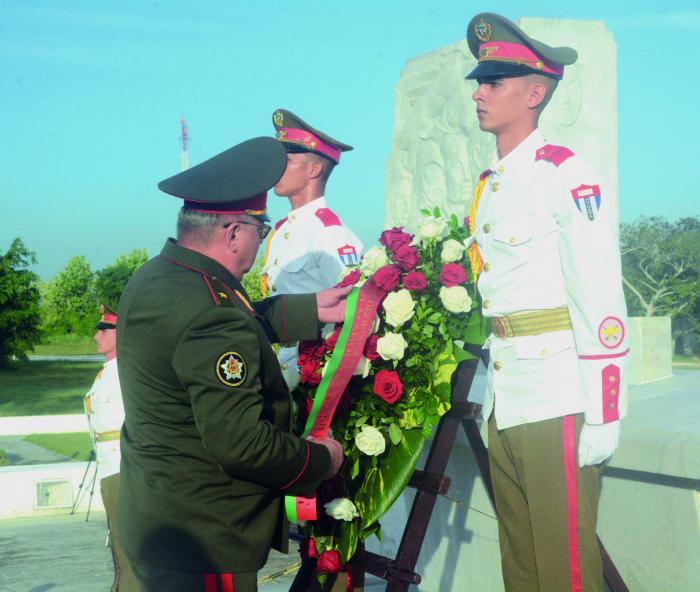
Another step in the consolidation of ties between Cuba and Belarus
In a significant display of diplomatic camaraderie, Major General Pavel Nikolaevich Muraveiko, Chief of the General Staff of the Armed Forces of Belarus and first deputy Minister of Defense, emphasized the shared global perspectives between Belarus and Cuba during his first official visit to the island nation. The high-ranking official expressed his gratitude for the warm reception extended by the Cuban people, describing it as a testament to the brotherly relations between the two countries. Speaking at the Cacahual Mausoleum, General Muraveiko highlighted the alignment of both nations’ views on global issues and the military-political landscape, underscoring the importance of exchanging experiences and opinions to bolster bilateral collaboration. His visit, marked by a packed itinerary, included tours of military units and industrial facilities, as well as insights into the training processes at Cuban military academies. The Belarusian delegation also paid homage to Cuban historical figures, including Antonio Maceo and Panchito Gómez Toro, whose remains are interred at the Mausoleum. Army Corps General Roberto Legrá Sotolongo, first deputy minister of the Revolutionary Armed Forces of Cuba, underscored the importance of preserving history as a means of safeguarding national identity. The visit concluded with a mutual commitment to further strengthen the strategic partnership between Belarus and Cuba, rooted in shared values and historical ties.
-
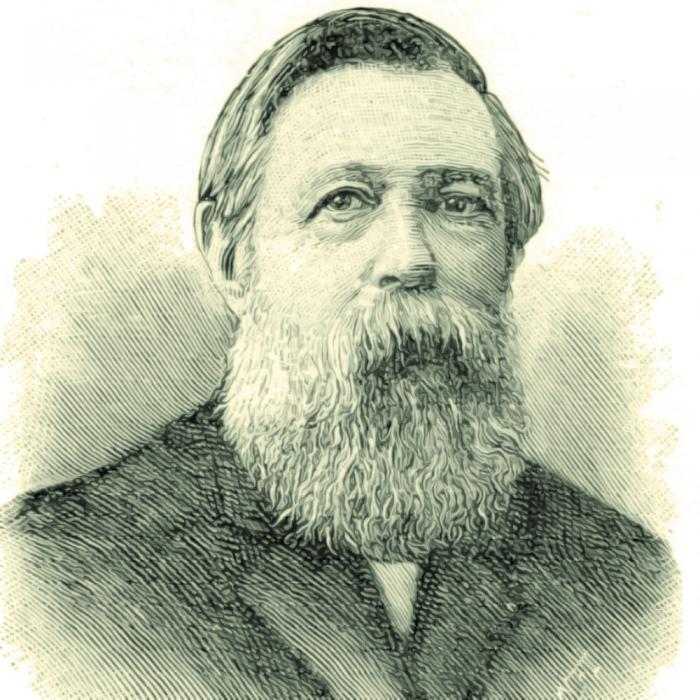
Revolution is the supreme act of politics
One hundred and thirty years after his passing, Frederick Engels’ revolutionary ideas continue to resonate, shaping the struggle for the emancipation of the working class. Known as ‘The General’ among his peers, Engels, alongside Karl Marx, spearheaded the proletarian movement, leaving an indelible mark on history. Pablo Lafargue, a Cuban physician and socialist thinker, eulogized Engels, emphasizing the enduring unity and strength of the proletariat inspired by their shared vision. Born in 1820, Engels co-authored seminal works such as ‘The Communist Manifesto’ and ‘The German Ideology,’ while also contributing independently with texts like ‘Anti-Dühring’ and ‘The Origin of the Family, Private Property and the State.’ His intellectual legacy, rooted in dialectical materialism, remains a cornerstone of social sciences. Hassán Pérez Casabona, a Doctor in Historical Sciences, highlights Engels’ foresight in advocating for multidisciplinary education to empower the working class. Engels’ 1893 message to socialist students underscored the necessity of expertise in fields like medicine, engineering, and agronomy for societal transformation. His vision anticipated modern emphasis on science, research, and innovation. Fidel Castro, inspired by Engels’ ideas, harnessed this intellectual force to drive the Cuban Revolution, from the Moncada program to the 1961 Literacy Campaign, fostering a nation of scientists. Today, Cuba’s model of collective intelligence and human capital stands as a testament to the teachings of Engels, Marx, Lenin, and Martí. Engels’ revolutionary deeds and his belief in the supremacy of political revolution continue to inspire, proving that his legacy is as vital now as it was over a century ago.
-
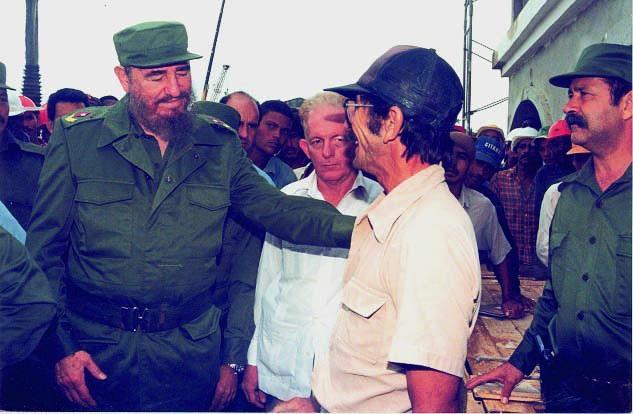
Fidel’s causeways: A bold step towards tourism development
In the heart of the Caribbean, a bold vision by Commander-in-Chief Fidel Castro Ruz has reshaped Cuba’s tourism industry. What was once dismissed as madness or whimsy has proven to be a masterstroke in economic and tourism development. The construction of causeways connecting remote keys to the mainland has transformed forgotten, pristine regions into world-renowned sun and beach destinations. These engineering marvels, built under harsh conditions, have unlocked the potential of areas like Cayo Coco, Cayo Guillermo, and Santa María Key, turning them into thriving hubs of sustainable tourism. The causeways, spanning kilometers over the sea, symbolize Cuba’s determination to overcome isolation and achieve self-reliance. Today, these destinations boast over 11,000 hotel rooms, attract hundreds of thousands of visitors annually, and are recognized as Biosphere Reserves for their harmonious blend of nature and development. This project stands as a testament to Cuba’s capacity for innovation and perseverance, showcasing the nation’s commitment to sustainable growth and environmental preservation.
